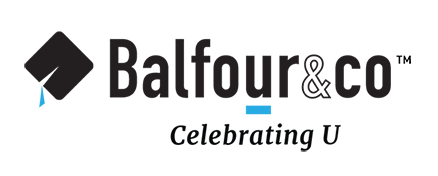
From time to time we feature guest columns from Balfour advisers. In this guest post from Fort Zumwalt West High School, adviser Loran Marquez describes how a spring workshop helps schools in her district start on the next yearbook. This post originally ran in the Spring 2019 issue of Balfour’s magazine Elements.
Yearbook doesn’t just stop when staff members complete their pages. A productive classroom model keeps everyone working on something. While my editors are finishing the current yearbook, my future editors and staff start next year’s book. After a year of following the directions of the editors, the underclassmen on staff are ready to make their own decisions.
PREPARATION
1. Divide the class into groups to develop theme projects.
2. Have groups present their projects.
3. Collectively choose the three best themes.
4. Select a date and plan the annual theme workshop with advisers from other schools in the district.
5. Choose future editors (decision makers) & a few current editors (advice only) to attend the workshop.
WORKSHOP
1. Staffs meet in a school’s auditorium.
2. Each school presents its top three themes.
3. The attendees give feedback, ask questions and offer suggestions.
4. Every attendee completes a feedback form for the other schools.
5. Advisers collect the forms and meet with a school other than their own.
6. Based on feedback forms, advisers and experienced editors discuss the three themes’ potential limitations, development opportunities and areas of uniqueness with future editors.
7. Together they select the best of the three.
8. Editors consider the feedback and start making decisions. (It’s rare for the schools to use the winning theme. It is normally a compilation of themes.)
9. The workshop concludes with explanations the schools’ current themes. Editors explain the process they went through to decide on their themes when they attended the workshop the year before.
OUTCOMES
1. By working with veteran editors and a different adviser, future editors begin to understand the challenges the editors faced producing the current book, building their confidence to make decisions for the next book.
2. In addition to the work on the upcoming book, students from every school have the opportunity to interact with students who are going through the same process and encountering similar difficulties. The experience forms friendships and creates bonds that overshadow school rivalries.
REFINEMENTS
1. For the remainder of the school year, students work on designs that fit the theme selected during the workshop.
2. Attending a summer camp allows the editors to review theme, coverage, design and production plans including visual and verbal theme development, ladder and organizational changes, and communication & production expectations.
Attending workshops allows students to get to know each other and learn to rely on each other. I have seen this as a real benefit when the stress increases in the classroom.


